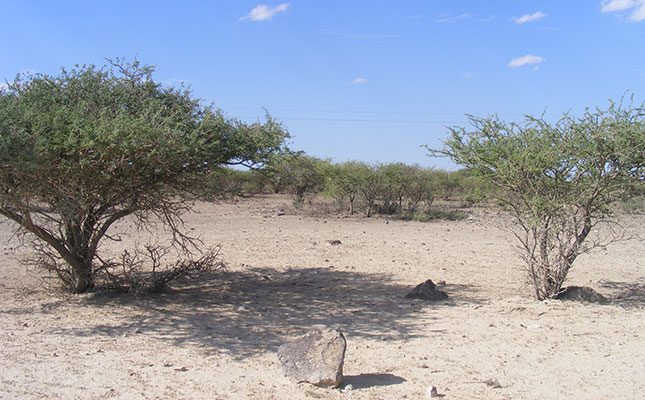
Photo: FW Archive
Council CEO James Mackay said in a statement that the Bill was a critical piece of legislation that seeks to enable the development of an effective climate change response and a long-term just transition to a low-carbon and climate-resilient economy and society.
According to him, the Bill corresponded with the council’s strategic objective of a stakeholder-aligned national energy transition that achieves South Africa’s decarbonisation targets whil4 maintaining energy security and affordable access to energy for all South Africans.
READ Climate change: ‘everyone must act now’
The Bill recognised that South Africa has a vital role to play in the global effort to reduce greenhouse gas emissions and that Southern Africa was especially vulnerable to those impacts of climate change that required urgent and appropriate adaptation responses. Mackay added it was critical that all acknowledge the existential threat climate change posed to Earth.
“The Bill further recognises that South Africa has made international commitments and obligations to communicate and implement effective nationally determined climate change response, mitigation, and adaptation strategies that represent the republic’s fair contribution to the global climate change response,” continued Mackay.
Meanwhile, Prof Hannes Rautenbach, Extraordinary Professor at the University of Pretoria, said the earth’s temperature had increased by 0.06°C every decade since 1850.
Addressing the 2024 SA Elite Studbook seminar in Bloemfontein on the topic of climate change, he pointed out that the rate of global warming since 1982 was three times as fast at 0.20°C.
“Last year was the warmest year since global recordings began in 1850. It was 1.18°C above the 20th century’s average of 1.13°C and 1.35°C warmer than the pre-industrial era between 1850 and 1900. Each month between June and December 2023 was the hottest on record. July, August, and September 2023 were all 1°C above the global long-term average,” explained Rautenbach.
According to Professor Hannes Rautenbach, 2023 was the warmest year in South Africa since 1850. Data suggests that each month since June 2023 has been the warmest individual month recorded in South Africa.
— Farmer’s Weekly (@FarmersWeeklySA) April 30, 2024
“Modern economic activity has clearly exceeded many of the planetary boundary conditions and it is our collective responsibility to address that with urgency. The Bill supports the constitutional right to an environment that is not harmful to the health and well-being of the people, and to have the environment protected for the benefit of present and future generations,” added Mackay.
Read more about the Climate Change Bill.










